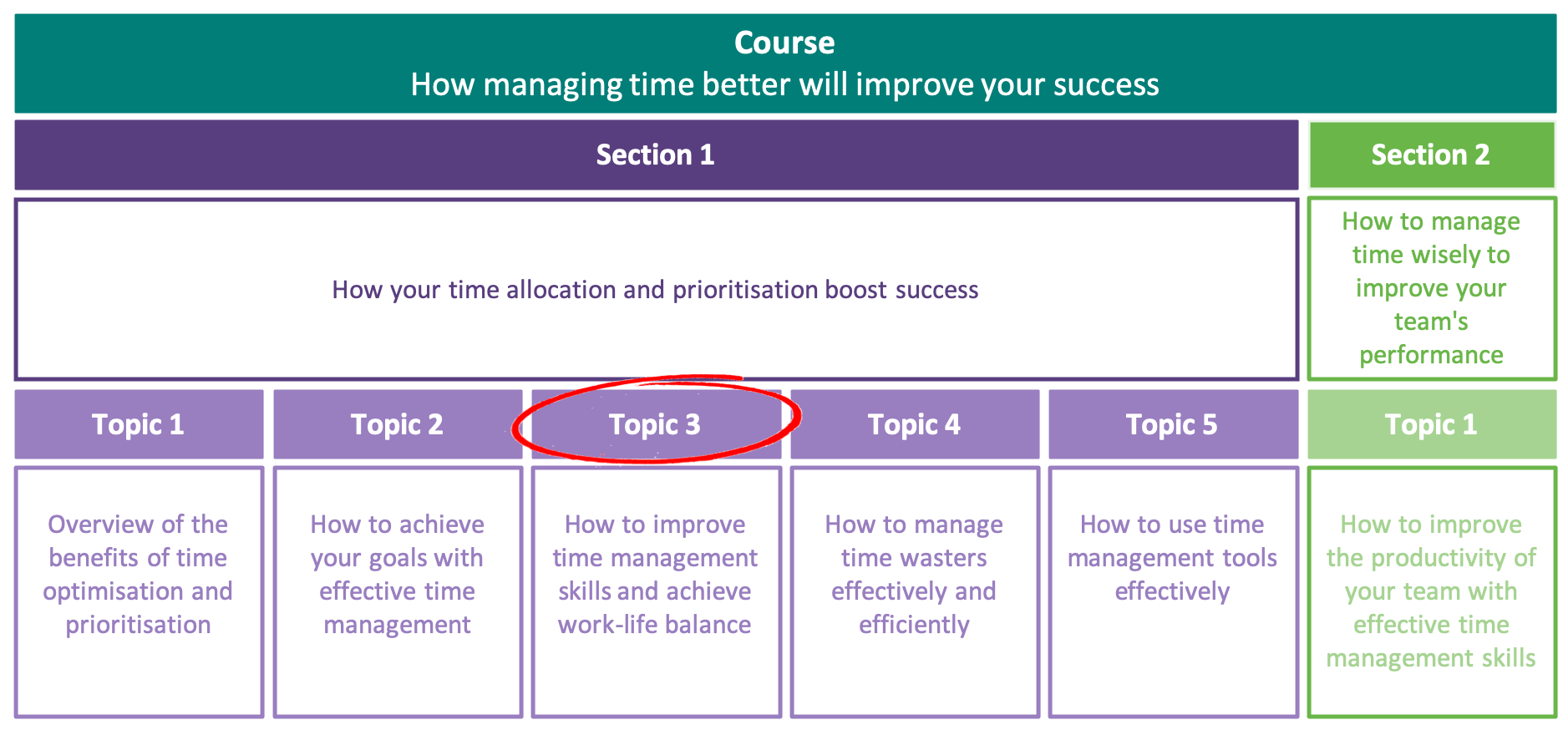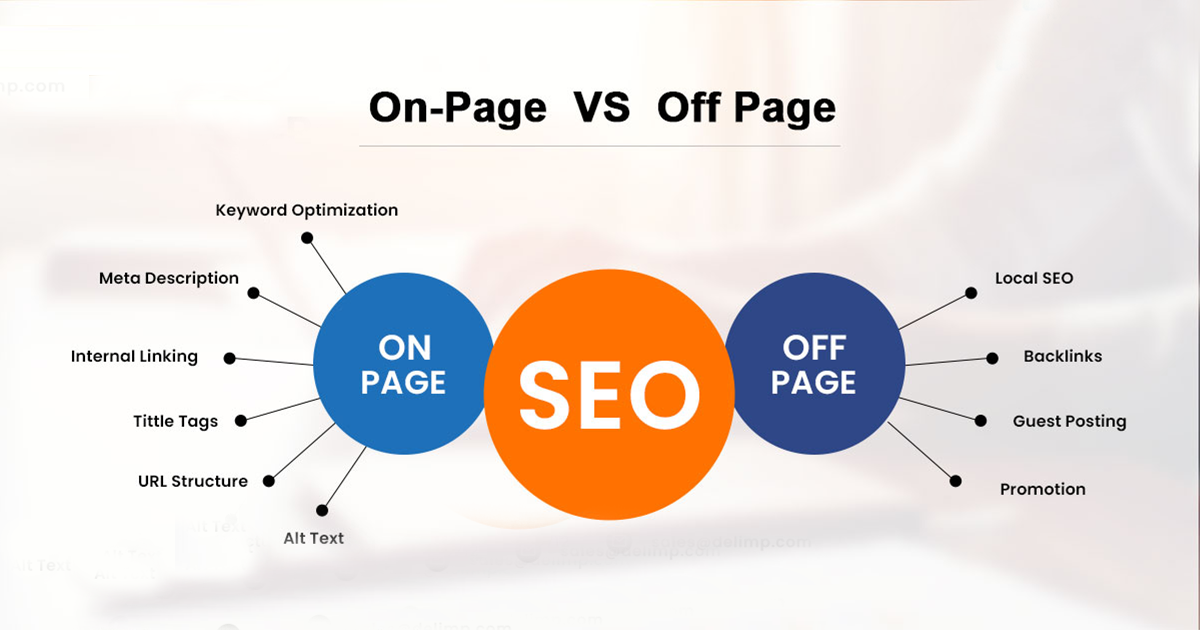Introduction:
In today’s fast-paced digital world, effective email communication is essential for success in both professional and personal spheres. However, mastering the art of email communication requires more than just typing out a message and hitting send. It involves understanding the nuances of written communication, adapting to different audiences, and employing strategies to ensure clarity and effectiveness. In this article, we’ll explore some essential strategies for effective email communication.
Understanding Your Audience:
One of the first steps in effective email communication is understanding your audience. Before crafting your message, take some time to consider who you’re addressing and what their needs, preferences, and communication style might be. Tailoring your message to resonate with your audience can help ensure that your email is well-received and achieves its intended purpose.
Crafting Clear and Concise Messages:
Clarity is key when it comes to email communication. Avoid using jargon, overly complex language, or unnecessary details that can confuse or overwhelm the recipient. Instead, strive to communicate your message clearly and concisely, using simple language and straightforward sentences. Consider the purpose of your email and the action you want the recipient to take, and structure your message accordingly.
Subject Line Mastery:
The subject line is the first thing recipients see when they receive an email, so it’s essential to make it count. A clear, descriptive subject line can help grab the recipient’s attention and convey the purpose of the email. Keep it concise, relevant, and action-oriented, and avoid using vague or misleading language that could cause confusion or lead to your email being overlooked.
Respecting Etiquette and Tone:
Maintaining professionalism and courtesy in your email communication is crucial for building and maintaining positive relationships. Always use a respectful and appropriate tone, and be mindful of cultural differences and sensitivities that may influence how your message is perceived. Avoid using all caps, excessive punctuation, or emoticons, as these can come across as unprofessional or overly casual.
Effective Formatting:
Proper formatting can make your emails easier to read and understand. Use short paragraphs and bullet points to break up large blocks of text, and use formatting tools such as bold or italicized text to emphasize key points. Be consistent in your formatting choices to maintain a professional appearance and make it easier for recipients to navigate your message.
Prompt and Timely Responses:
In today’s fast-paced business environment, prompt responses are essential for effective email communication. Aim to respond to emails in a timely manner, ideally within 24 hours, to demonstrate respect for the sender’s time and urgency. If you need more time to provide a thorough response, acknowledge the email promptly and provide an estimated timeframe for when the recipient can expect a reply.
Proofreading and Editing:
Before sending any email, it’s essential to proofread and edit your message carefully. Typos, grammatical errors, and spelling mistakes can detract from your professionalism and credibility, so take the time to review your email before hitting send. Consider reading your message aloud or asking a trusted colleague to review it for clarity and accuracy.
Following Up Appropriately:
Following up on emails is often necessary to ensure that important tasks are completed or questions are addressed. However, it’s essential to do so appropriately and respectfully. Avoid bombarding recipients with multiple follow-up emails or using aggressive language to demand a response. Instead, be polite, patient, and persistent, and provide any necessary context or reminders to help move the conversation forward.
Using Email Wisely:
Finally, remember that email is just one tool in your communication arsenal, and it’s not always the best or most appropriate option for every situation. Consider whether email is the most effective way to communicate your message, or if a phone call, meeting, or face-to-face conversation might be more appropriate. By using email wisely and judiciously, you can enhance your overall communication effectiveness and build stronger relationships with your colleagues, clients, and contacts.
Conclusion: Read more about work email tips






